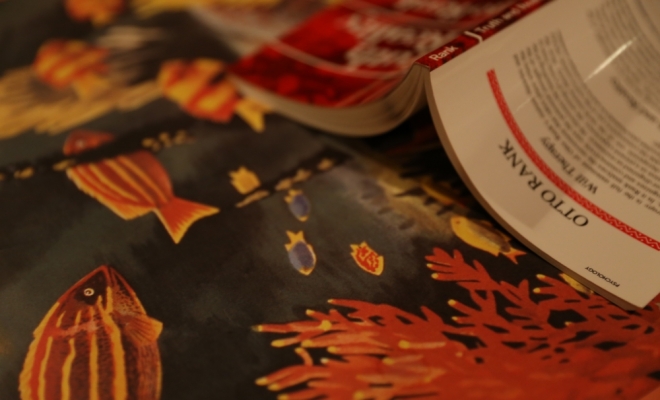
Career Counseling
Work Versus Leisure
In the modern world it seems that almost all of human life is geared towards creating more time for leisure. People work for the weekends, they plan for vacations, they look forward to the day when they can retire. But is leisure all it’s cracked up to be? The answer is a decisive no when the situations of those who have nothing but leisure time are brought under the microscope. Rather than being happy and fulfilled they’re usually bored and miserable, desperate for something, anything to capture their interest. They simulate challenge and struggle through pastimes like gambling, sporting events, or gossip. They abuse drugs and alcohol to combat that feeling of purposelessness, to try to fill up the existential vacuum. They’re decidedly unhappy though they can’t usually admit it to themselves or anyone else.
It’s a classic example of being careful of what you wish for. For those without a strong sense of purpose to instill their lives with meaning, unlimited leisure time is more like hell than like Shangri-La. Don’t get us wrong, tedious work is hell too, but our point is that eradicating that sort of work from your life only gets you halfway there.
The real question then should not be work versus leisure, but meaning versus meaninglessness. The problem is that most everyone equates work with a living salary. In a perfect world they would equate work with meaning, where salary was an important but secondary consideration. Actually in practice people with the second mentality usually end up doing great for themselves, they’re engaged in their work because they find it meaningful, which means they’re constantly improving their craft. Money tends to follow passion and skill.
There is this fundamental, basically unshakeable conviction that humans are in search of equilibrium with their environments, that the state of rest and inactivity is where we’re happiest and most ourselves, but this is only partially true. From the Gestalt psychology point of view once the state of equilibrium has been reached we only spend a little time at rest before beginning to look for new forms, new meanings to pull out of our environments so that we can start the process all over again. That state of rest is good and necessary, it helps our minds and bodies recharge, but it’s only supposed to be a stage, not a permanent state of being. Getting stuck there, which is what unlimited leisure time is, can be just as psychologically and emotionally damaging as getting stuck at any other stage in the needs satisfaction cycle.
The conclusion is that unlimited leisure time is a bad goal. If you achieve it, rather than feeling fulfilled you’ll probably end up feeling lost and bored. We humans are the meaning makers, the creators of forms, constantly reaching out in order to mold and be molded by our environments. In a permanent state of leisure this doesn’t happen. Sigmund Freud wrote “Some day, in retrospect, the years of struggle will strike you as the most beautiful.” Maybe what he meant was that while struggle implies suffering it also implies an engaged relationship with the external world where the opportunity for meaning, and with it fulfillment, presents itself on a daily basis.

